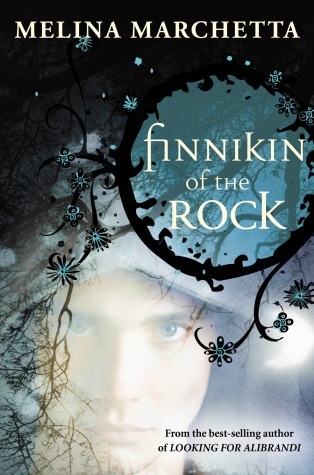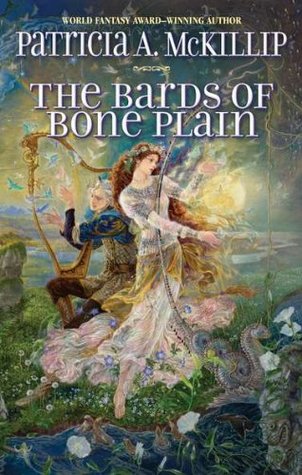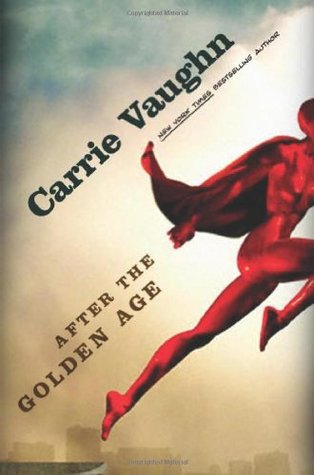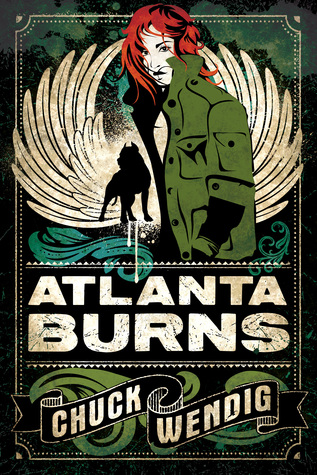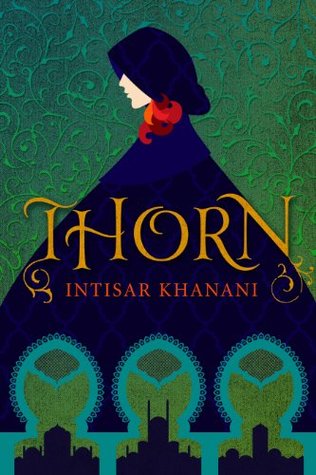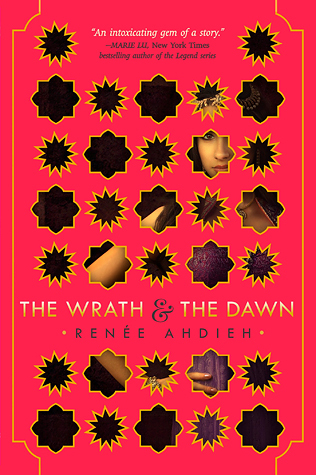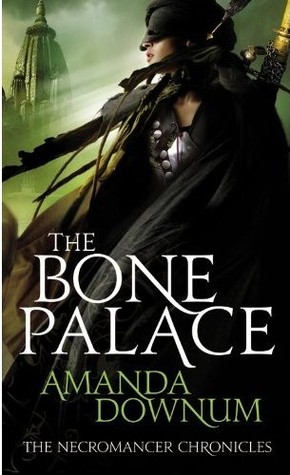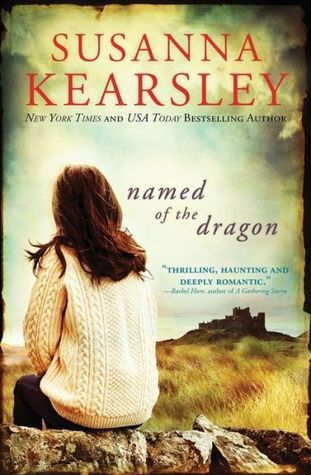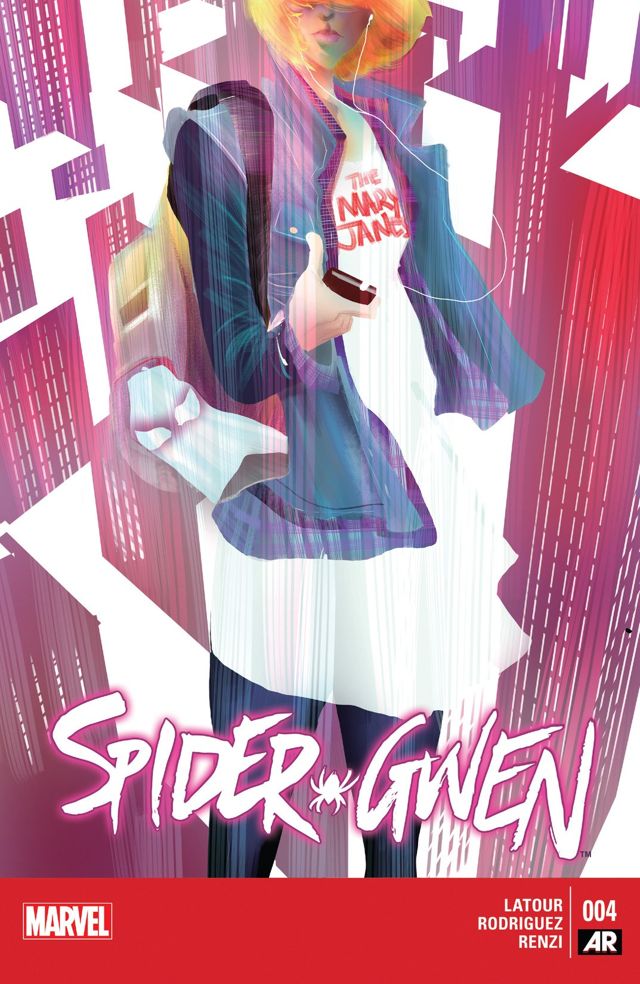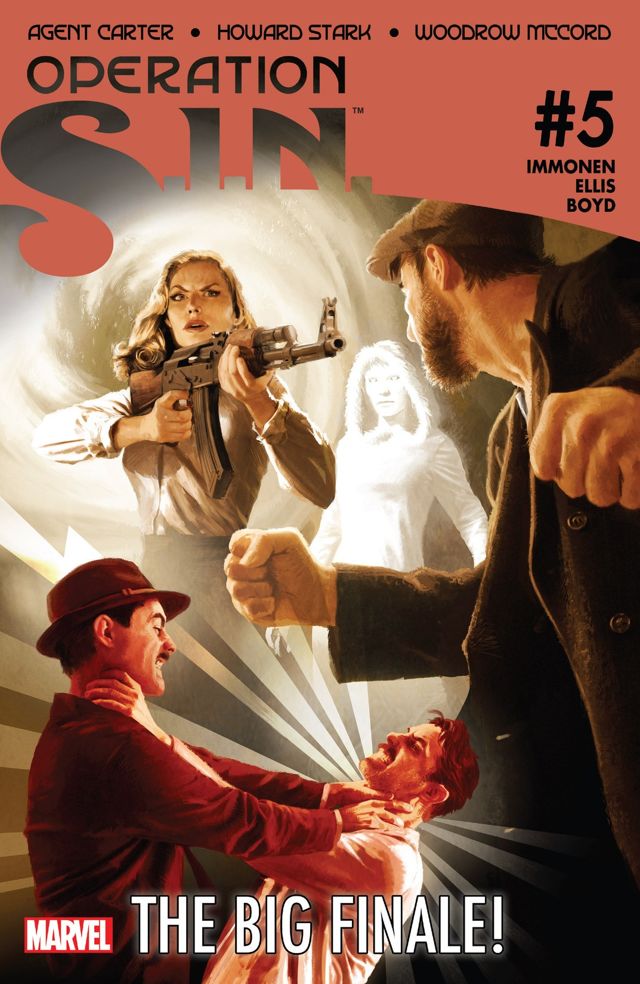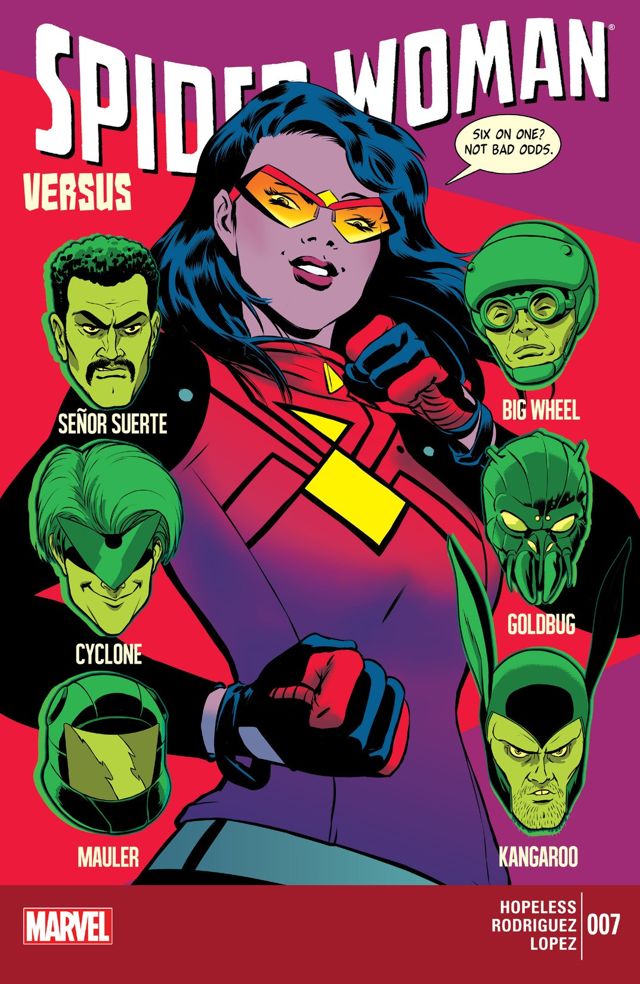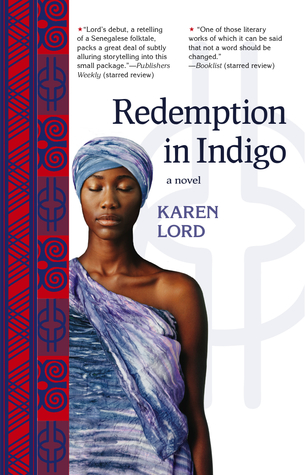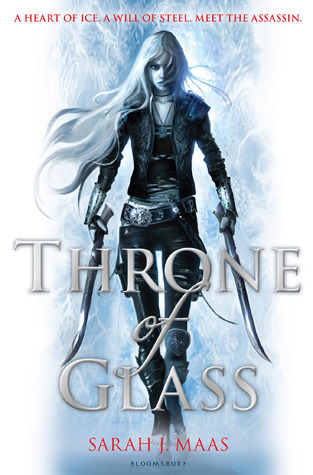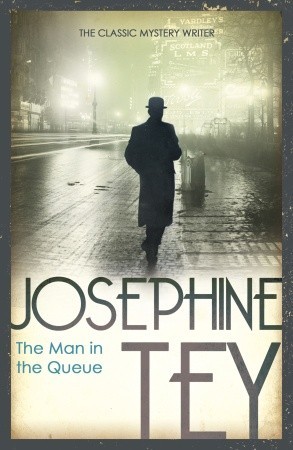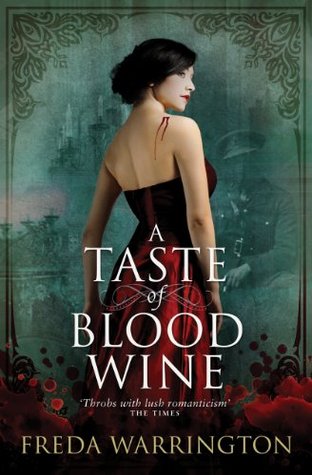 A Taste of Blood Wine, Freda Warrington
A Taste of Blood Wine, Freda Warrington
The copy on the front definitely captures a lot about this book. ‘Throbs with lush romanticism,’ says The Times. That’s a perfect description right there. It’s lush, gothic, romantic, and I’m not entirely sure what to make of it. I found it a compulsive read, and I found the way it treats the morality of vampirism very interesting. It doesn’t shy away from the implications of evil, parasitism, etc, but it doesn’t wholly embrace them, either: Warrington’s vampires have feelings, doubts, difficulties, according to the kind of people they are. The female lead worries about her amorality, and the book doesn’t disguise that there’s something monstrous about a love which demands this kind of sacrifice.
I found the relationships between the characters very well done: Charlotte’s relationships with her family, Karl’s with Ilona and Kristian, the ambivalent side-switching of the others. Kristian’s power over them all feels real, as does their equal and opposite desire to be free of him that locks them in a holding pattern around him. Warrington resists the urge to make things too easy: Charlotte’s family can’t cope with her eventual transformation, with the way her true self is revealed to them through what she chooses.
I liked the background of science, too: the search for understanding of what Karl and the other vampires are, of how it relates to what we know of matter, how they might relate to a GUT (grand unified theory of everything). I liked that Charlotte is a part of that search, with a scientific drive and understanding, and that it’s not just to please her father or anyone else that she thinks that way, despite the fact that her entire life is bounded by what she thinks others want of her.
And yet. I’m not sure what, at the end, makes me ambivalent. In part, it’s the amorality of it all, I think: I can appreciate the exploration of it, even the impulses behind it, but I can’t view it as a triumph of love over all. Or, I suppose it is — a triumph of love over morality, over humanity. I can’t sympathise with that central choice to become immortal and immortalise love at the price that has to be paid here — a price that’s not even paid by Karl and Charlotte, but by the people they will drive mad or kill to sustain their lives. It makes that price so very clear, makes Charlotte’s choice so clear-eyed and knowing, that it’s both better and worse than other Vampire-For-Love transformations. Better, because it acknowledges it; worst, because we’re still meant to sympathise with that destructive love.
I’m not sure if I want to read A Dance in Blood Velvet, etc. I did find this very compelling to read, and yet.
Rating: 4/5
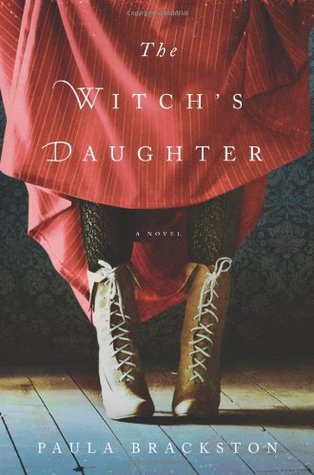 The Witch’s Daughter, Paula Brackston
The Witch’s Daughter, Paula Brackston
